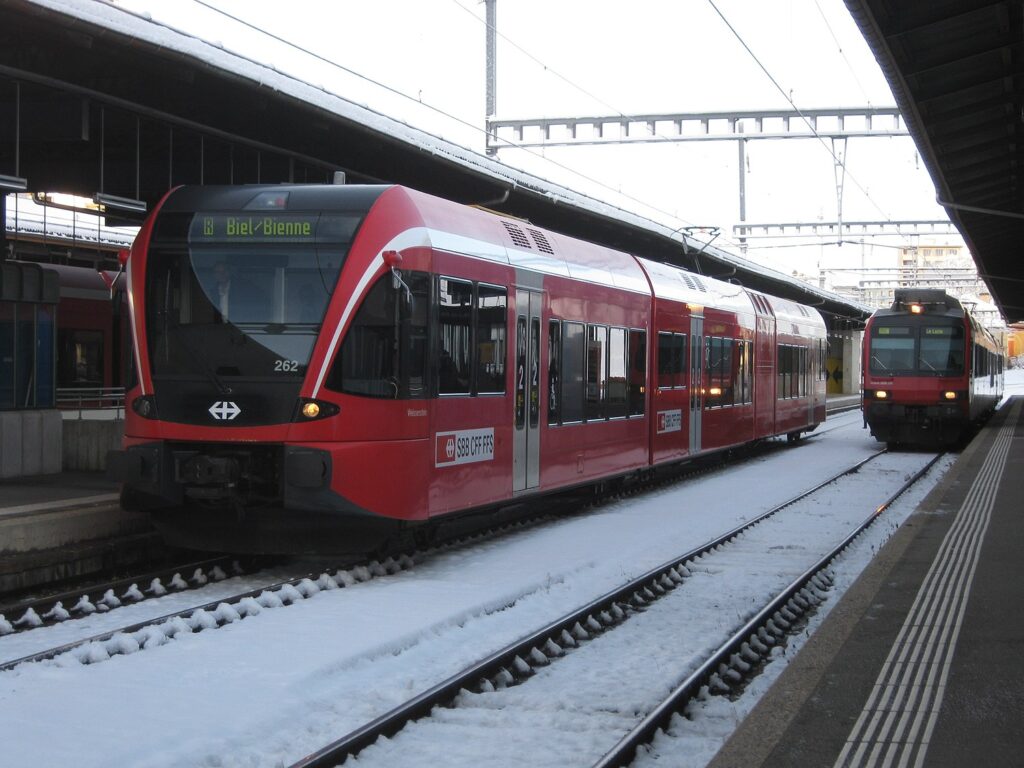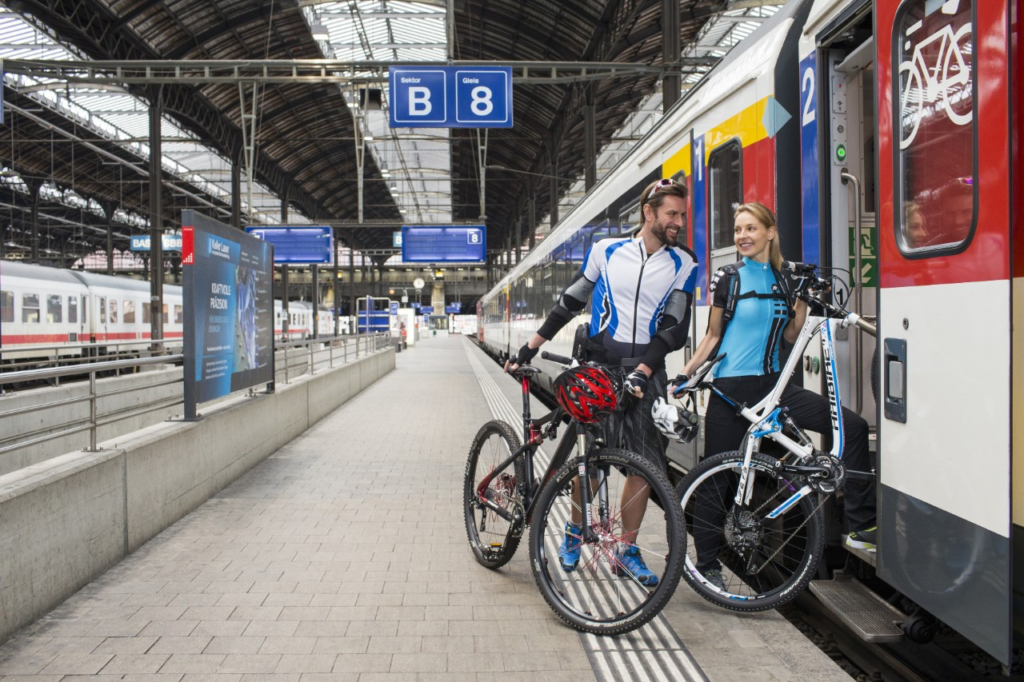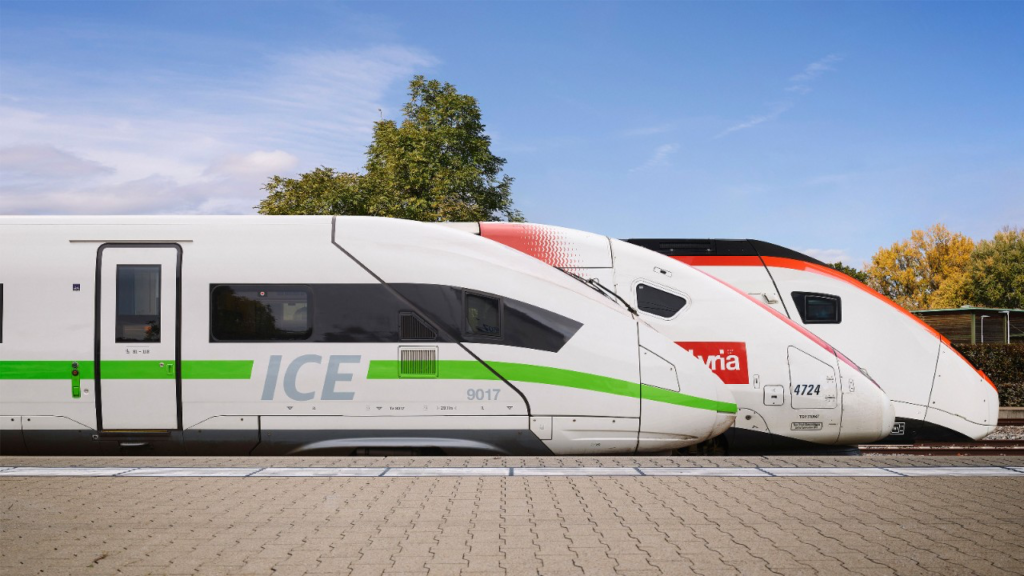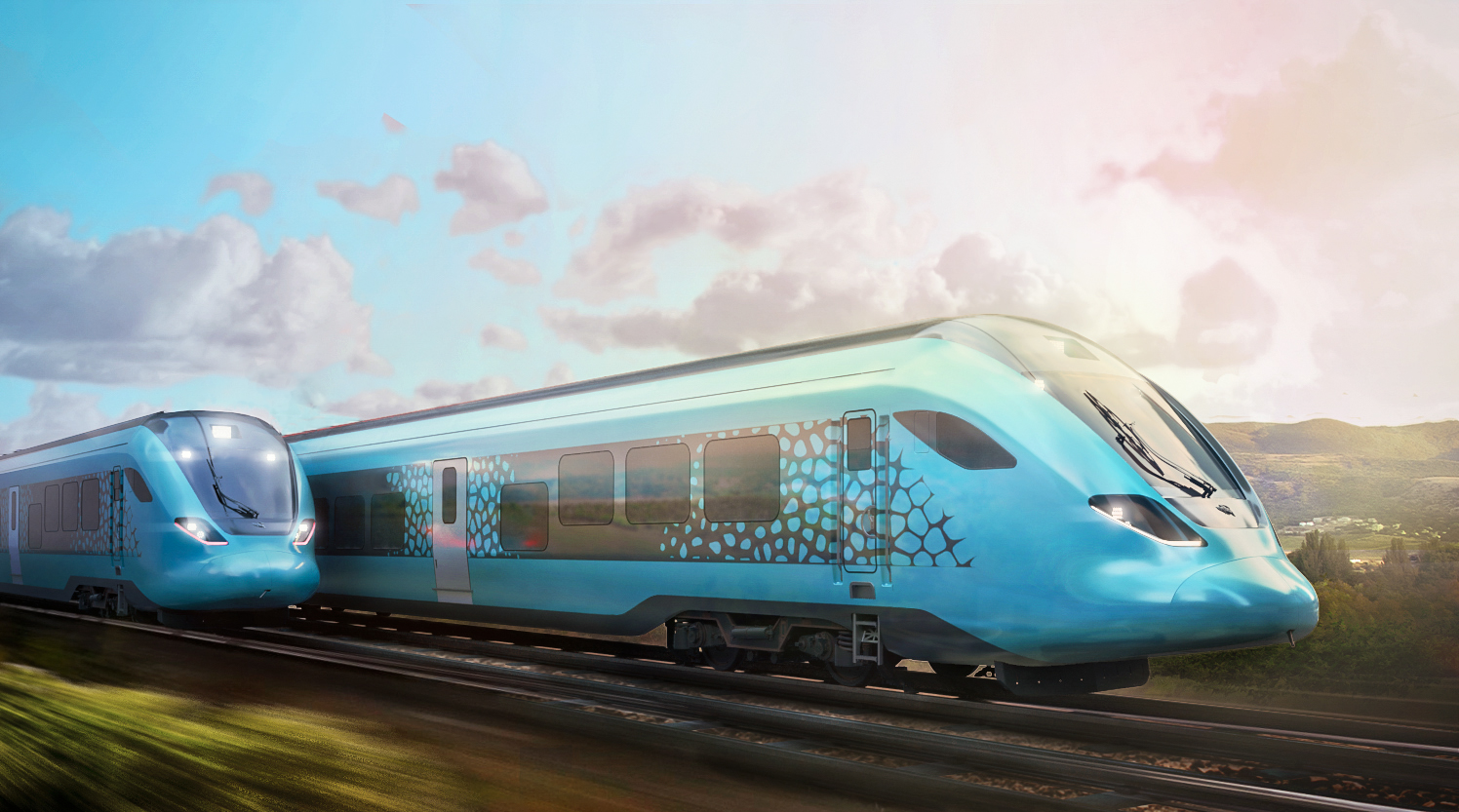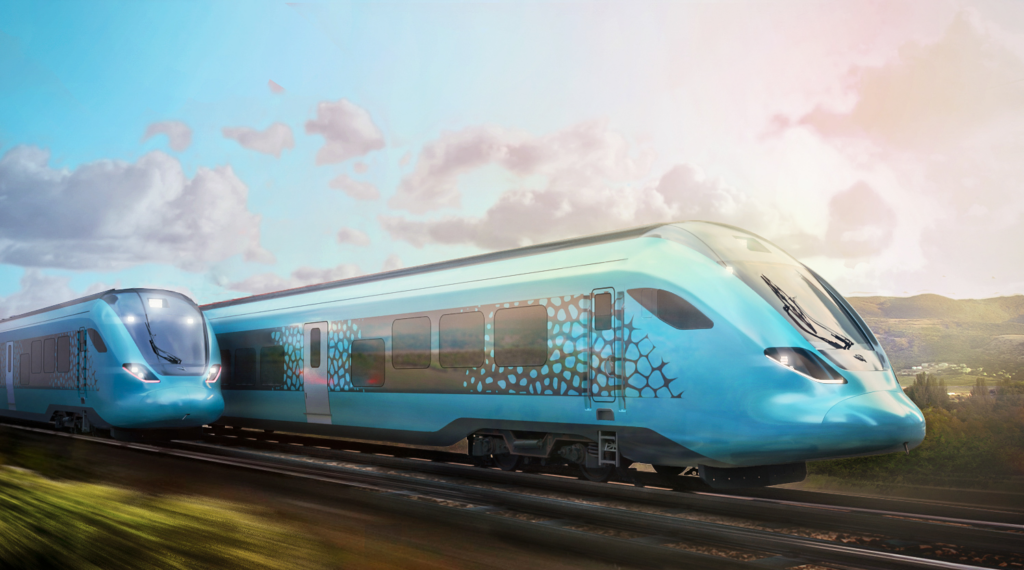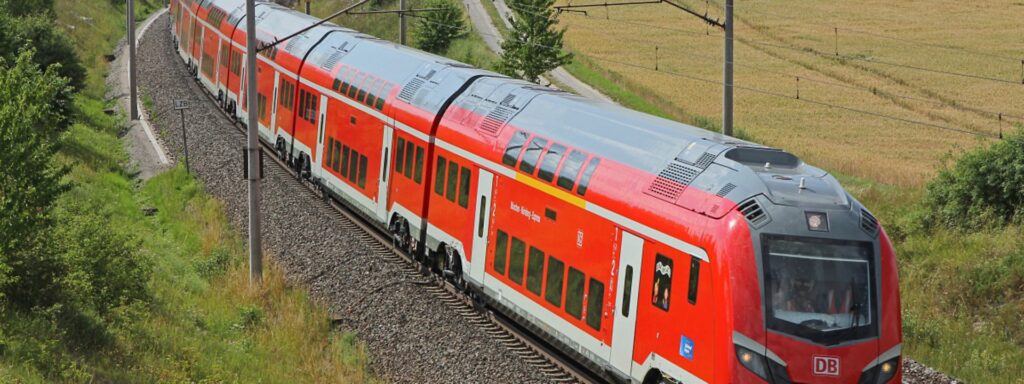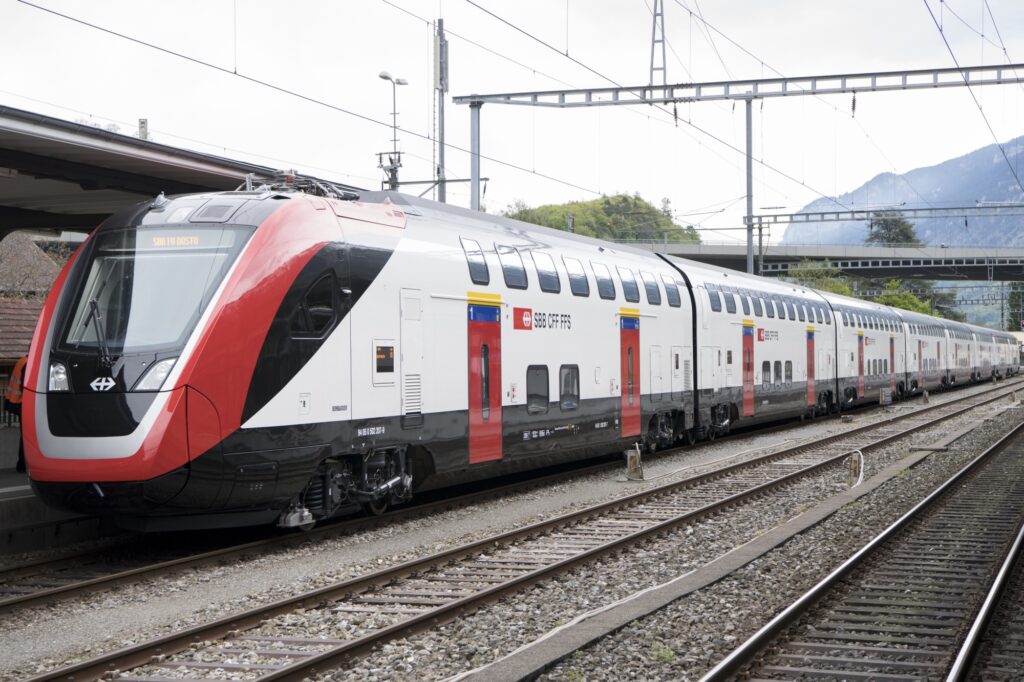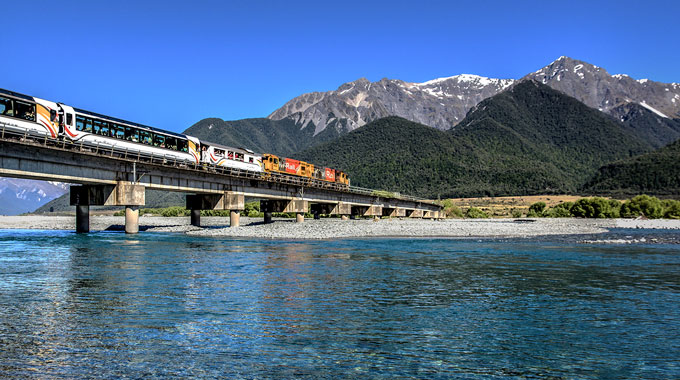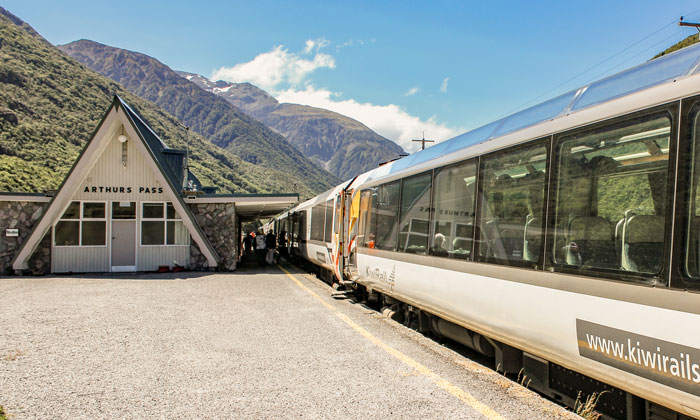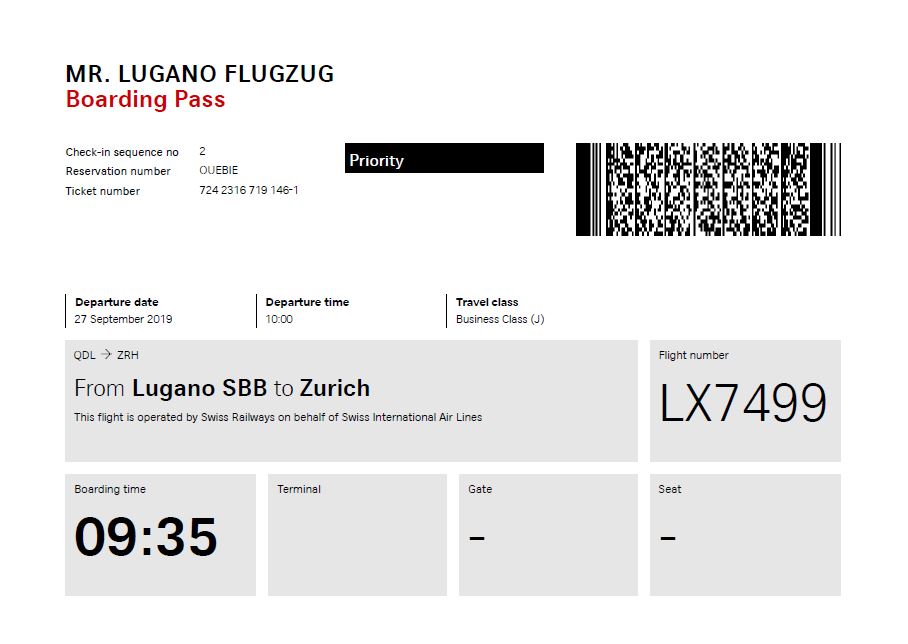The new timetable brings additional connections where demand is growing the most. Popular tourist destinations such as Valais and Graubünden will be even better connected. There are also further targeted improvements. A lot will also be done in 2024 to maintain and expand the rail network; Accordingly, there are many construction sites across the entire network. SBB does everything it can to ensure that travelers can rely on reliable connections.
National and international passenger transport: More direct connections, additional stops in tourist regions and new seasonal offers
The most important innovations in national long-distance transport:
- Since the last timetable change in December 2022, two trains have been running directly from Geneva via Zurich to Chur and vice versa on weekends. Due to high demand, two additional direct trains will be introduced on this line. There are now four attractive direct connections in each direction spread throughout the day on weekends.
- From Christmas to Easter, Ascension Day, Pentecost and June to October, a direct train connects Zurich (from 7:38 a.m.) with Brig (at 9:38 a.m.) in just 2 hours on Saturdays and in the opposite direction on Sundays (Brig from 4:18 p.m. – Zurich HB 6:32 p.m.). ). The train also stops in Frutigen and takes skiers, hikers and bikers to the Bernese Oberland and the Upper Valais without having to change on Saturday morning and back again on Sunday evening. This will create a half-hourly service during peak times on the Thun-Brig or Brig-Spiez/Thun route.
- From January 13th to March 3rd, 2024, there will be two fast and direct connections from Zurich HB (departures at 8:27 a.m. and 9:40 a.m.) to Einsiedeln (arrivals at 9:19 a.m. and 10:24 a.m.) on weekend mornings and back again in the afternoon (departures at 3:32 p.m. and 4:38 p.m.). Clock). This RegioExpress takes cross-country skiers and sun-seekers from Zwinglistadt to the home of the Black Madonna without having to change trains.
- From Tuesday to Sunday, commuters and other travelers can get directly to Bern (at 6:24 a.m.) and Basel (at 7:32 a.m.) earlier than before thanks to the IC6 with departure from Brig at 5:16 a.m.; in the evening the last IC6 runs from Basel (from 10:28 p.m.) via Bern (from 11:37 p.m.) to Brig (at 12:41 a.m.) now an hour later than before. Due to maintenance in the Lötschberg Base Tunnel, the last train on Sunday evening or the first on Monday morning continues to run as IC61 from/to Basel via Bern to/from Interlaken (instead of Brig).
- The IC3 between Zurich and Chur runs every half hour on weekends all year round.
- For night owls, a new express connection runs on Friday and Saturday nights from Olten (from 12:40 a.m.) to Biel/Bienne (at 1:26 a.m.), with stops in Oensingen, Solothurn, and Grenchen Süd.
- The original plan was to introduce full half-hourly service through the Gotthard Base Tunnel with this timetable change. Since operations are restricted following the derailment of a freight train on August 10, 2023, the introduction of the half-hourly service will be delayed until the base tunnel can be used normally again. As of the timetable change, 31 fast passenger trains will run through the Gotthard Base Tunnel between Friday and Sunday evenings.
The most important innovations in international passenger transport:
- International trips are also popular, for example to the Bavarian capital. In the future, an additional train will run daily in each direction between Zurich and Munich, meaning travelers will have a continuous two-hour service.
- Since November 24, 2023, 13 direct IC connections have been running between Zurich and Stuttgart, with no change in Singen.
The most important innovations in rolling stock:
- On the RegioExpress between Olten and Lucerne, SBB is expanding the seating capacity by using double-decker trains.
- Due to the implementation of the Disability Equality Act (BehiG), there will be a change in the use of rolling stock on some long-distance routes.


